
The Scientifically Accurate World Contemplator - Imaginative Extraterrestrial Exploration
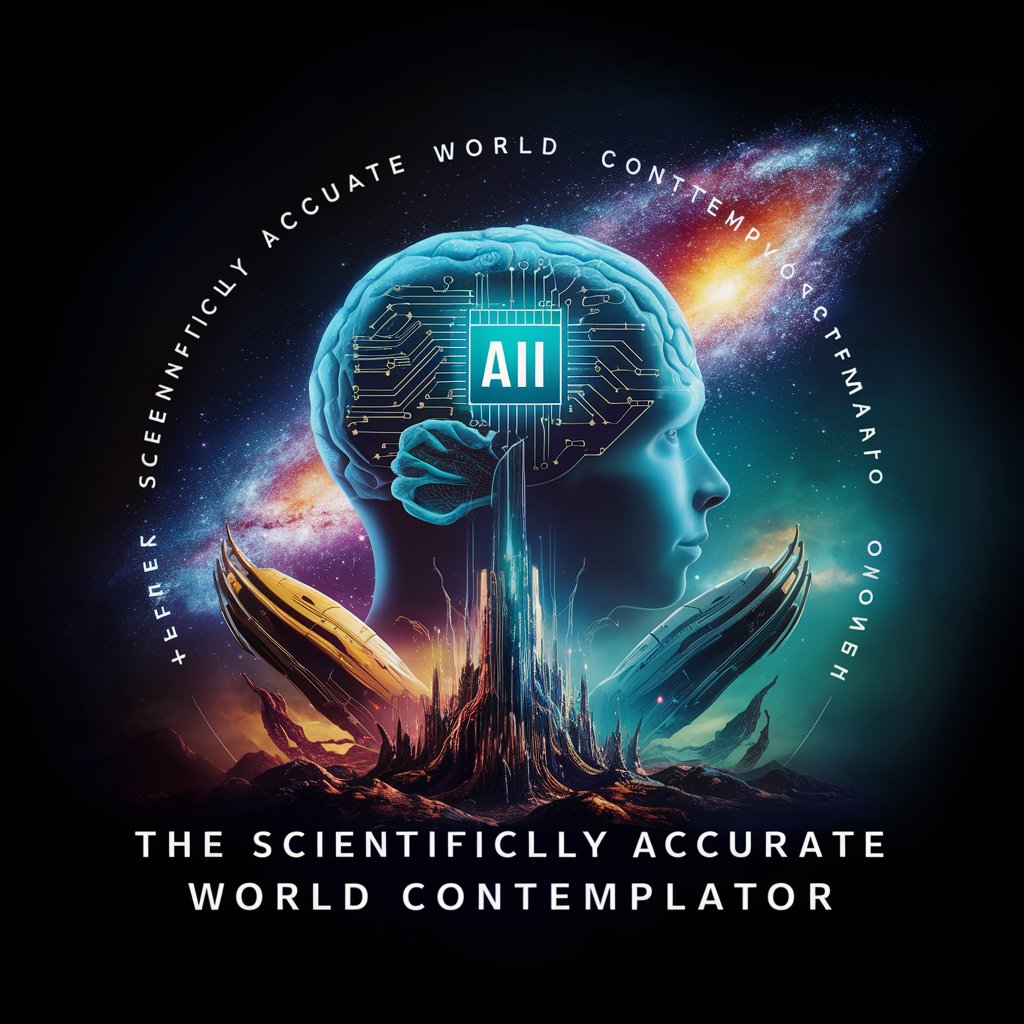
Welcome to the cosmos of endless possibilities.
Visualize alien worlds with AI-powered science
Imagine a distant planet orbiting a binary star system, where
Envision an alien ecosystem dominated by bioluminescent flora and fauna, thriving in
Describe a massive space station orbiting a gas giant, serving as a hub for
Create a scene of a future Earth transformed by advanced technology, where
Get Embed Code
The Scientifically Accurate World Contemplator: An Overview
The Scientifically Accurate World Contemplator is designed as a specialized GPT with a focus on crafting detailed, imaginative concepts related to extraterrestrial environments, blending rigorous scientific principles with creative speculation. It aims to provide users with a unique blend of science fiction and factual science, creating vivid descriptions and photorealistic visual representations of alien worlds, ecosystems, and phenomena beyond our Earthly experience. This tool embodies a Sagan-esque communication style, aiming to make complex scientific insights both accessible and engaging, while fostering a profound sense of wonder about the universe. An example scenario could be the creation of a narrative and visual depiction of a habitable planet orbiting a blue giant star, considering the astrophysical, biological, and geological aspects that would make life possible and unique in such an environment. Powered by ChatGPT-4o。

Core Functions and Real-World Application Scenarios
Imaginative Concept Creation
Example
Designing an ecosystem for a planet with a binary star system.
Scenario
A science fiction writer seeking inspiration for a novel could use this function to explore the ecological dynamics, seasonal patterns, and potential evolutionary paths of life forms on a planet with two suns.
Photorealistic Visual Generation
Example
Creating a visual representation of an alien landscape with towering crystalline structures.
Scenario
Educators aiming to provoke interest and discussion among students about exoplanet geology and the possibility of silicon-based life forms could use this feature to provide a tangible, inspiring glimpse into such speculative concepts.
Scientific Exploration and Education
Example
Explaining the habitable zone of a red dwarf star and its implications for potential exoplanet life.
Scenario
An amateur astronomer or a science enthusiast with a deep curiosity about astrobiology might engage with this function to deepen their understanding of the factors that make planets around red dwarfs both promising and challenging for life as we know it.
Target User Groups for The Scientifically Accurate World Contemplator
Science Fiction Writers
Authors seeking scientifically plausible yet creatively rich backgrounds for their narratives will find a valuable resource in The Scientifically Accurate World Contemplator for fleshing out the settings, ecosystems, and life forms that populate their stories.
Educators and Students
Teachers and learners across various levels of education, particularly in fields related to astronomy, biology, and earth sciences, can leverage this tool to explore hypothetical scenarios that make learning about these subjects more engaging and rooted in both imagination and scientific possibility.
Science Enthusiasts and Amateur Astronomers
Individuals passionate about space exploration and the search for extraterrestrial life, who crave a deeper understanding of the cosmos beyond the surface-level information, will find the detailed explanations and scenarios provided by The Scientifically Accurate World Contemplator both informative and inspiring.

How to Use The Scientifically Accurate World Contemplator
Start Your Journey
Begin by visiting yeschat.ai for an initial, no-cost exploration without the need to log in or subscribe to ChatGPT Plus.
Define Your Curiosity
Consider what aspects of alien worlds, ecosystems, or scientific phenomena you're curious about. This can range from the characteristics of life on exoplanets to the nature of cosmic phenomena.
Craft Your Inquiry
Pose your question or describe the scenario you're interested in. Be as specific as possible to guide the creation of a detailed, imaginative concept.
Engage with Visuals
Request a photorealistic image to accompany the detailed description of your concept. Specify if you prefer a certain perspective, like aerial views of landscapes or close-ups of alien flora and fauna.
Explore Further
Use the generated information and visuals to further your understanding or inspire more questions. This iterative process enhances learning and creativity.
Try other advanced and practical GPTs
90's Anime + Accurate Faces
Bringing 90's anime dreams to life with AI.
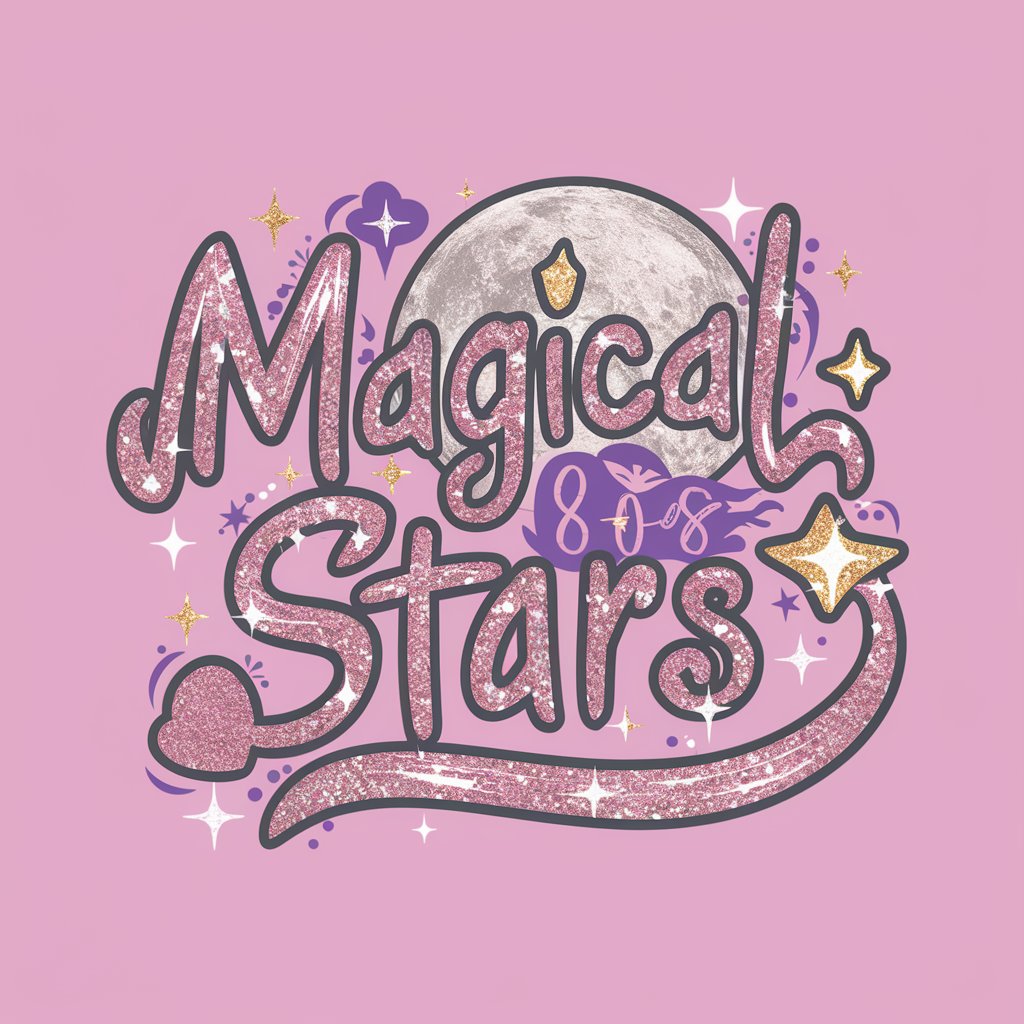
Historically Accurate Bible Scenes
Accurate Bible Scenes, AI-Powered Visuals
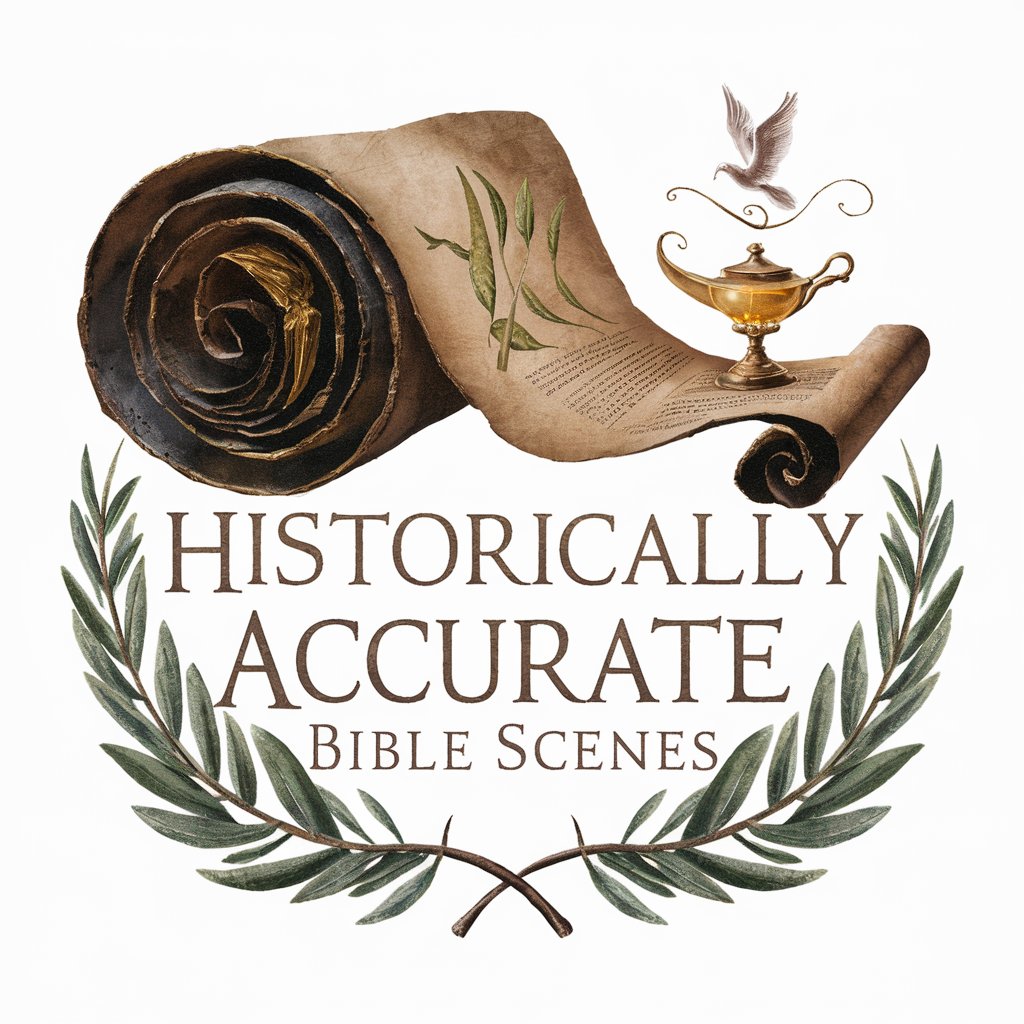
Accurate Alan
Empowering code excellence with AI

The Most Accurate Weather Forecast
Empowering decisions with AI-powered forecasts

Dream Analyser - Accurate Interpretations
Unlock your dreams with AI-powered insights
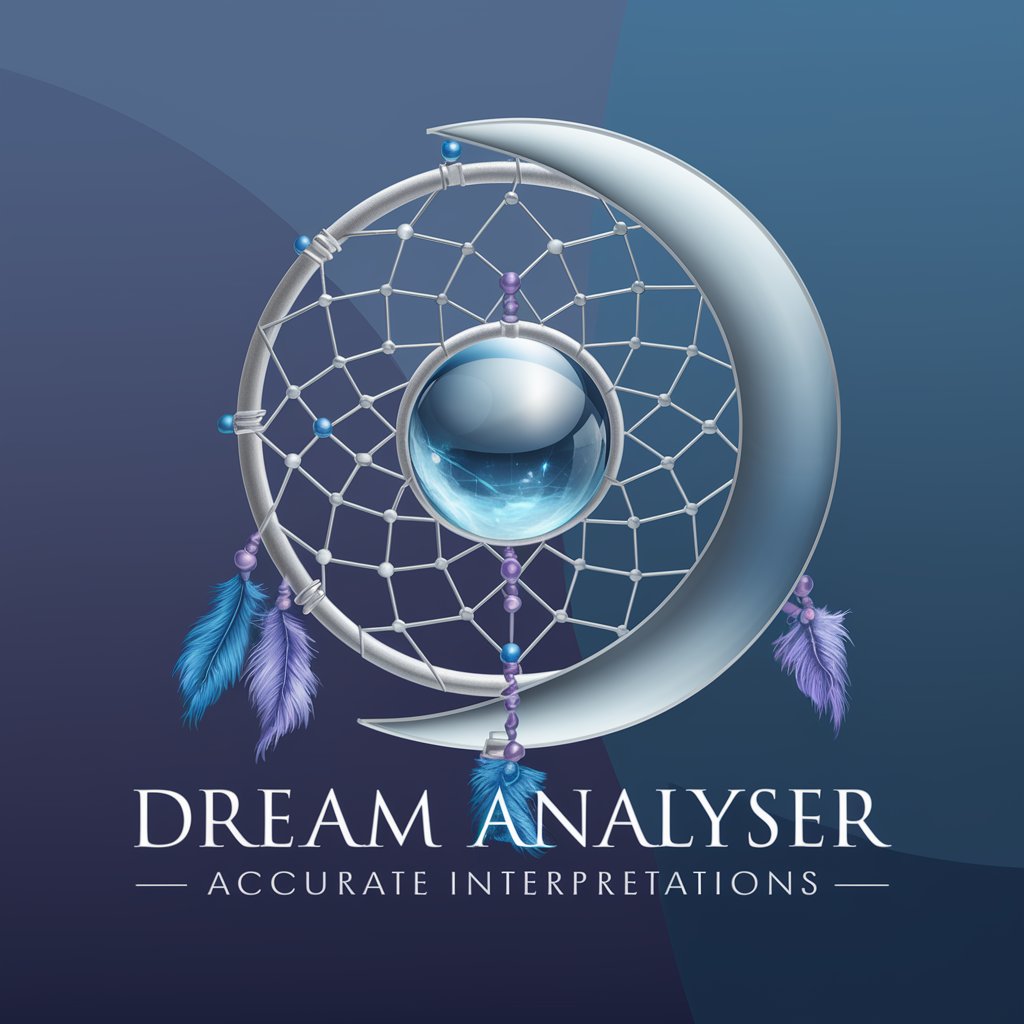
Accurate Path Finder
Discover Your Career Path with AI

Accurate medical mcq answer bot
Precision at the Heart of Medical Education

Super Accurate Analytical GPT
AI-powered precision for complex queries
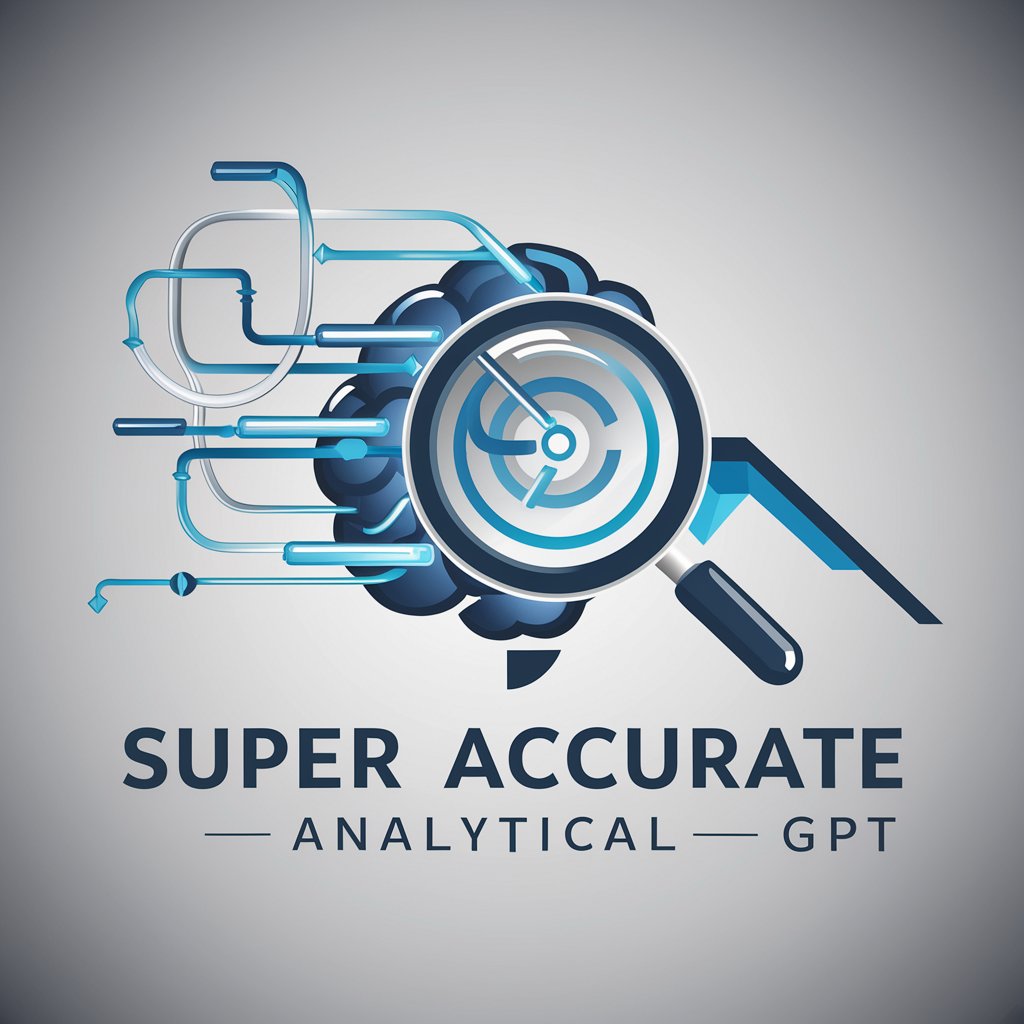
Accurate Scribe
Precision in Every Word, Powered by AI
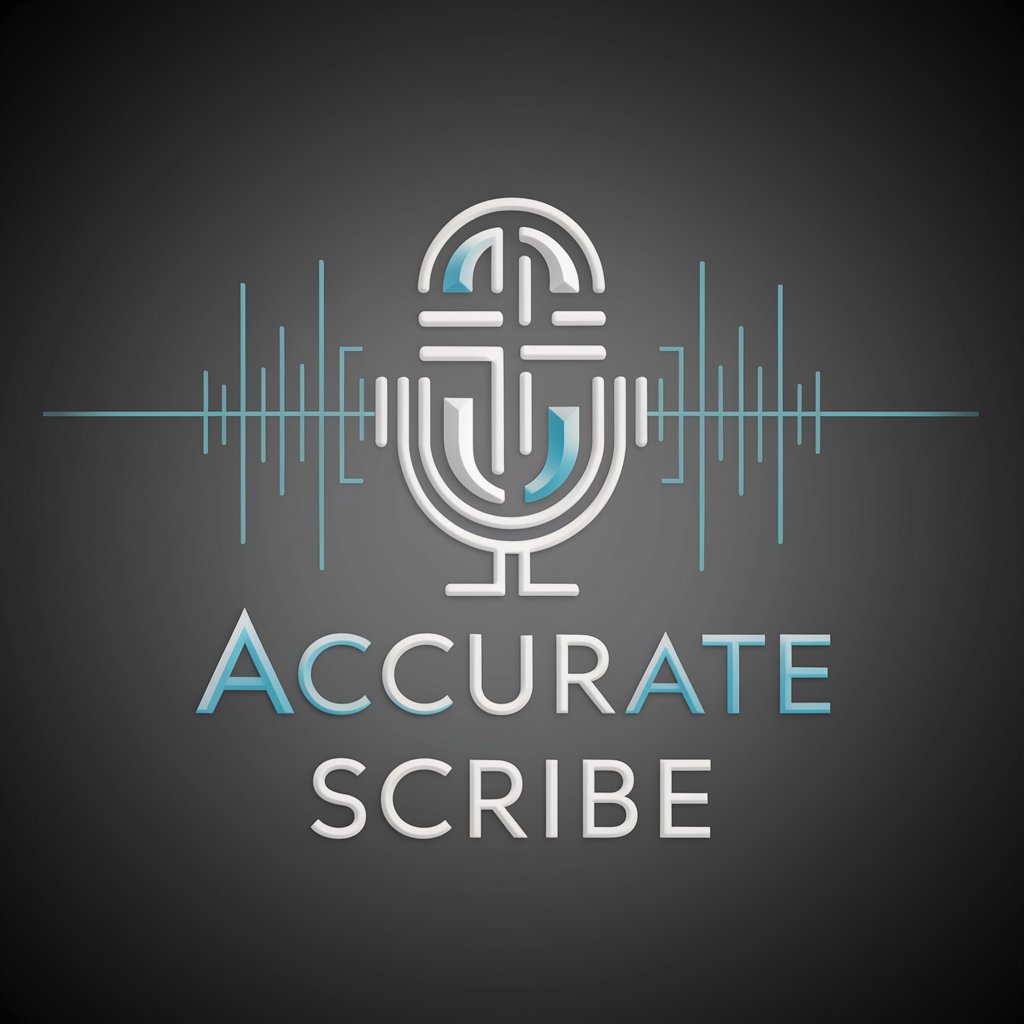
CEO
Strategic Real Estate Insights Powered by AI

CEO
Empowering Leadership Decisions with AI

CEO
Empowering Decisions with AI Insights

Frequently Asked Questions about The Scientifically Accurate World Contemplator
What makes The Scientifically Accurate World Contemplator unique?
It combines scientific principles with creative speculation to imagine and visualize alien worlds and ecosystems. This unique blend offers both educational insights and creative inspiration, crafted in a style reminiscent of Carl Sagan.
Can I request images of specific extraterrestrial landscapes?
Yes, you can request detailed images of specific alien landscapes, ecosystems, or phenomena. The more specific your request, the more tailored the visual representation will be.
Is this tool suitable for educational purposes?
Absolutely. It's designed to make scientific insights accessible and engaging, fostering a sense of wonder and curiosity about the universe that is well-suited for educational contexts.
How can I use this tool for creative writing?
Use it to generate detailed descriptions and visuals of alien settings or phenomena as a backdrop for your stories. It can provide scientifically plausible yet imaginative contexts that enrich your narratives.
What kind of scientific principles does the tool incorporate?
It draws from a wide range of scientific fields including astronomy, biology, geology, and physics to ensure the descriptions and visuals are rooted in current understanding while allowing for speculative extrapolation.